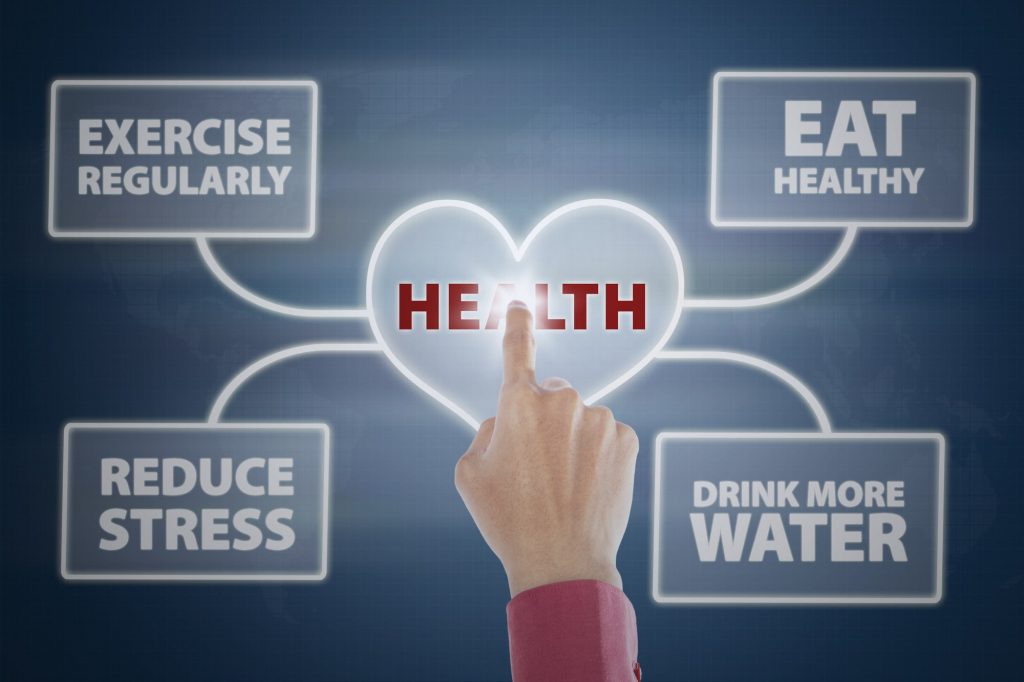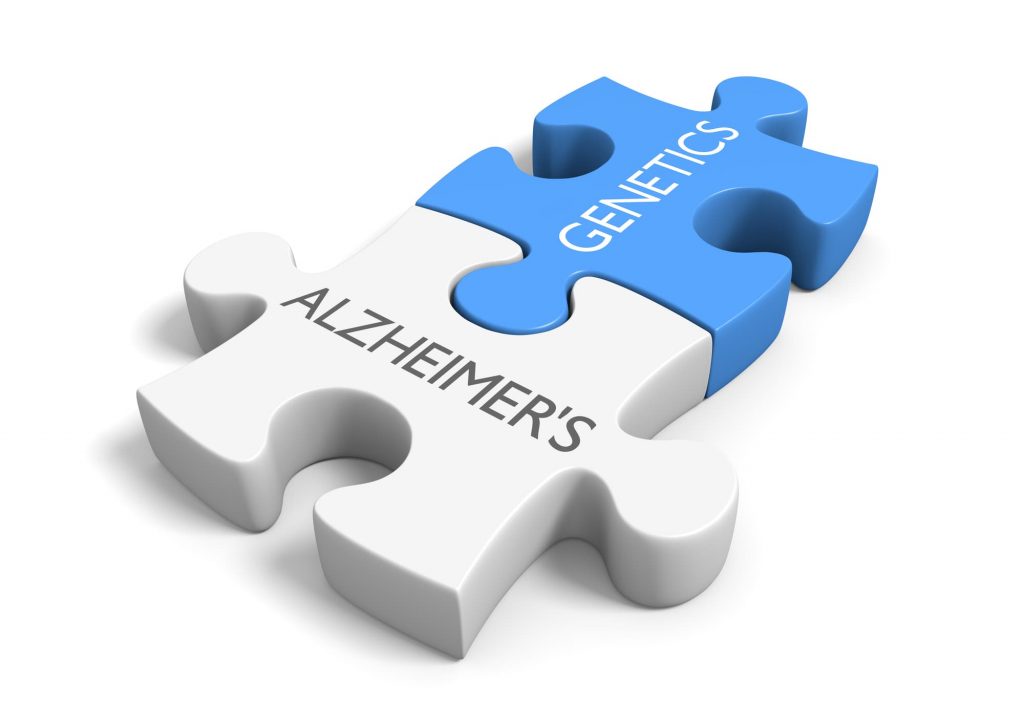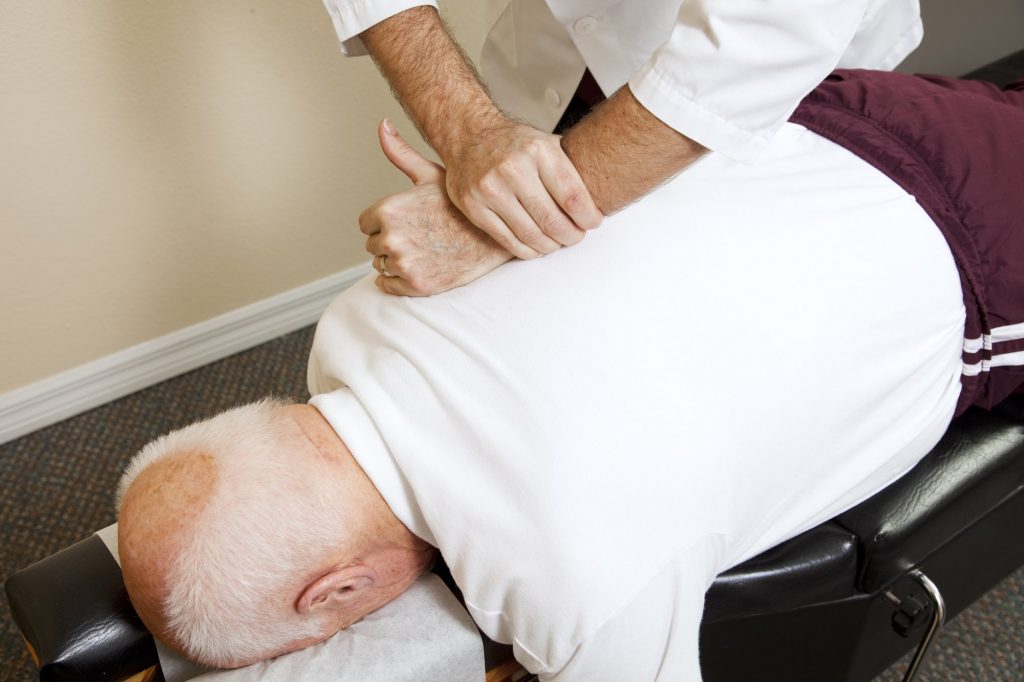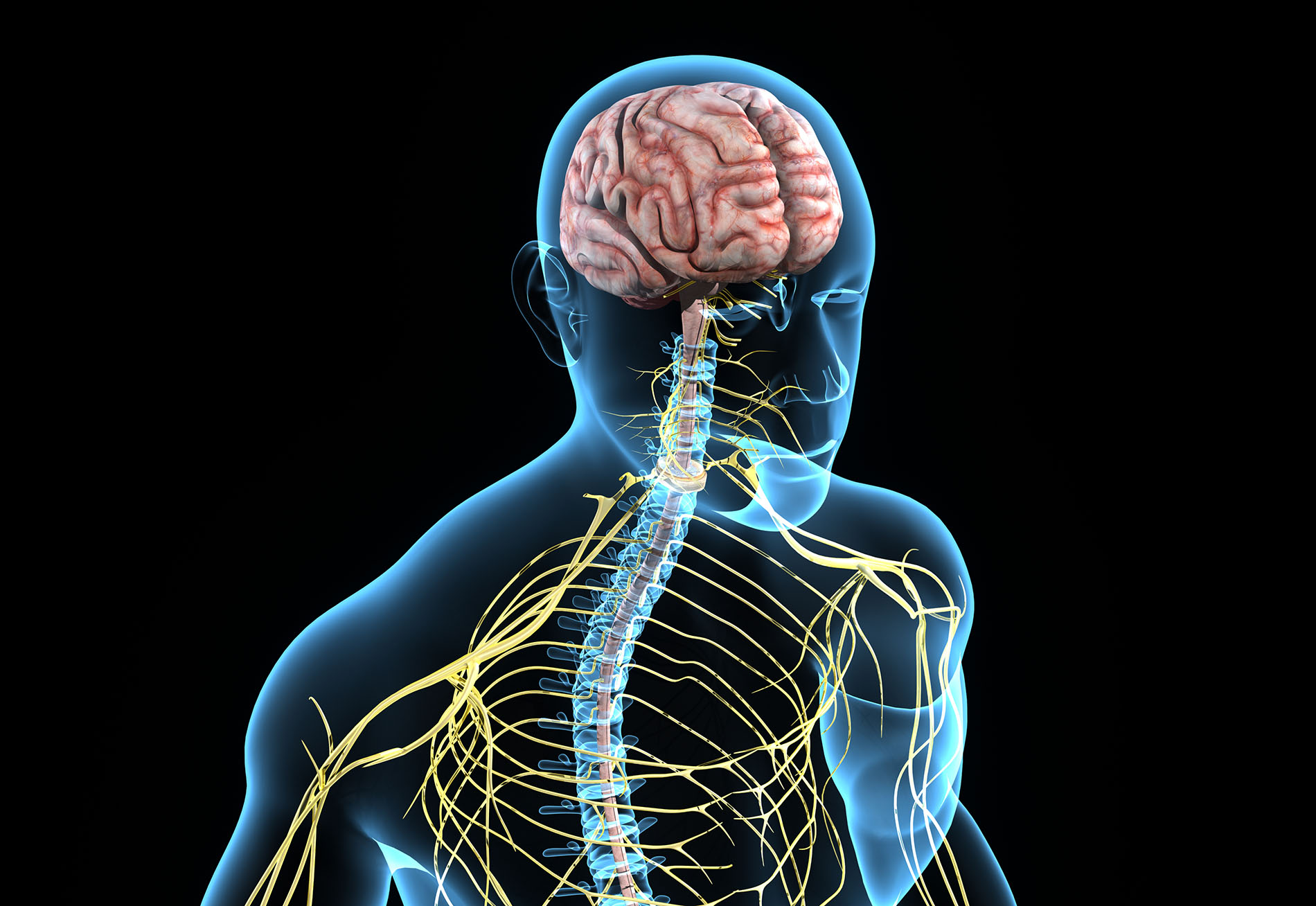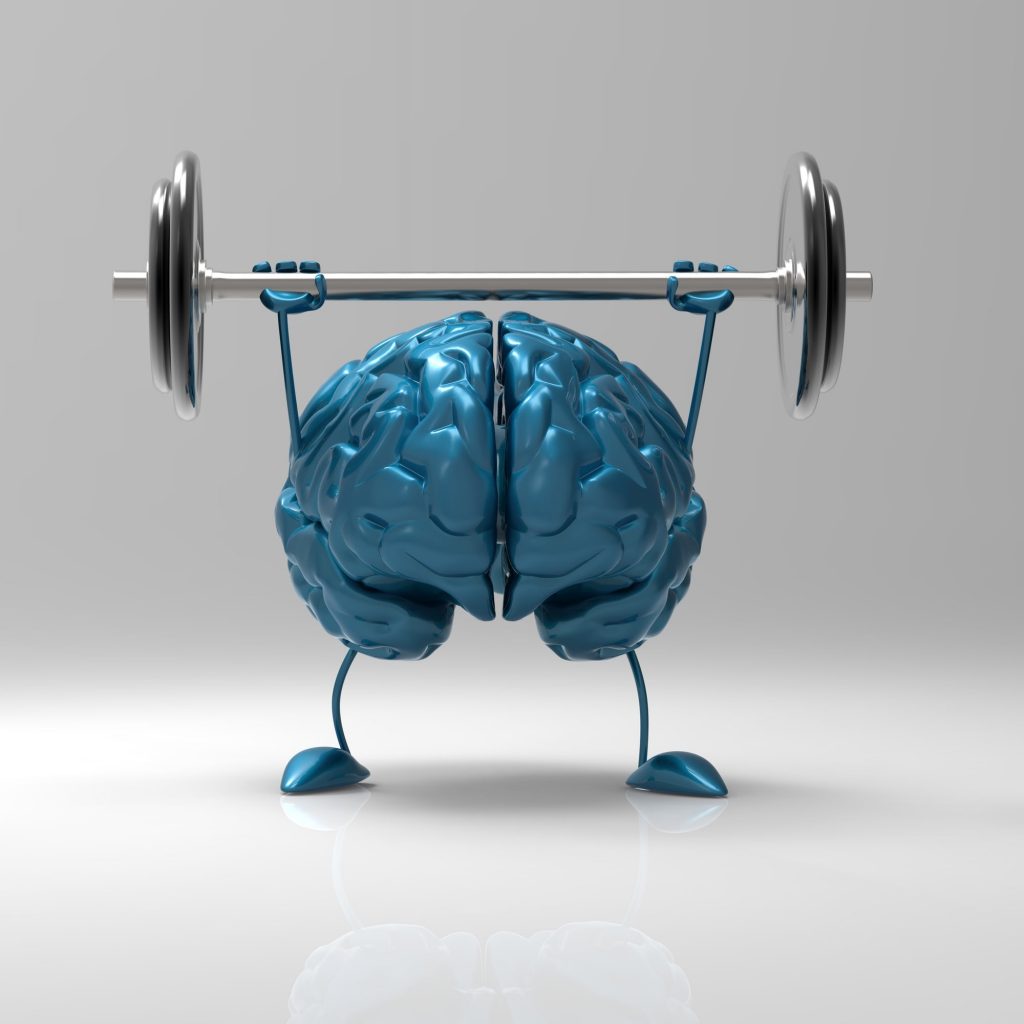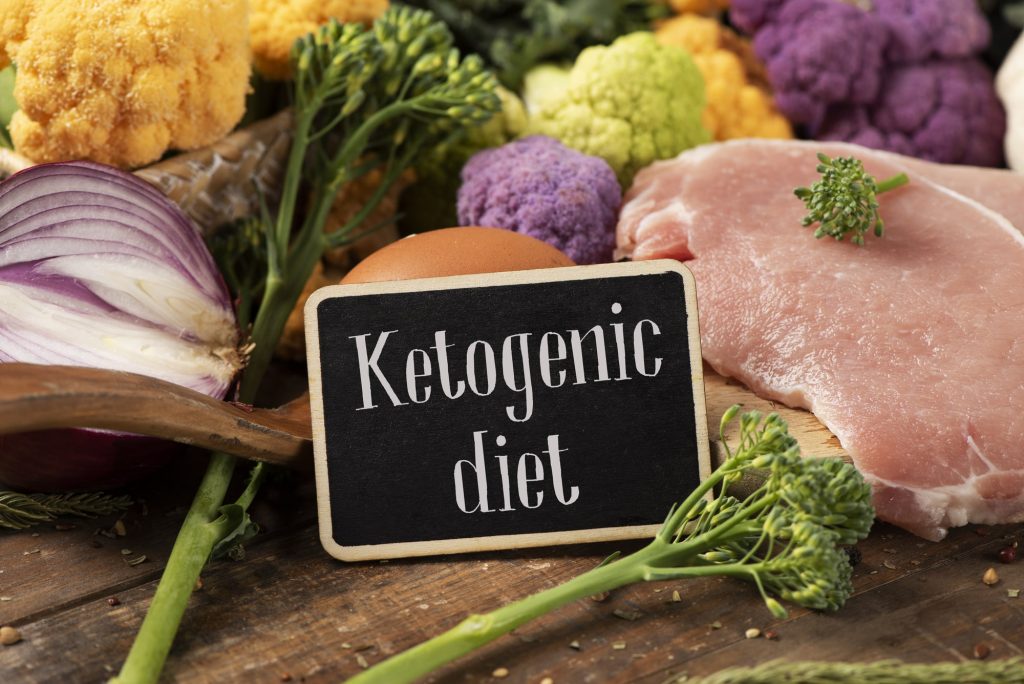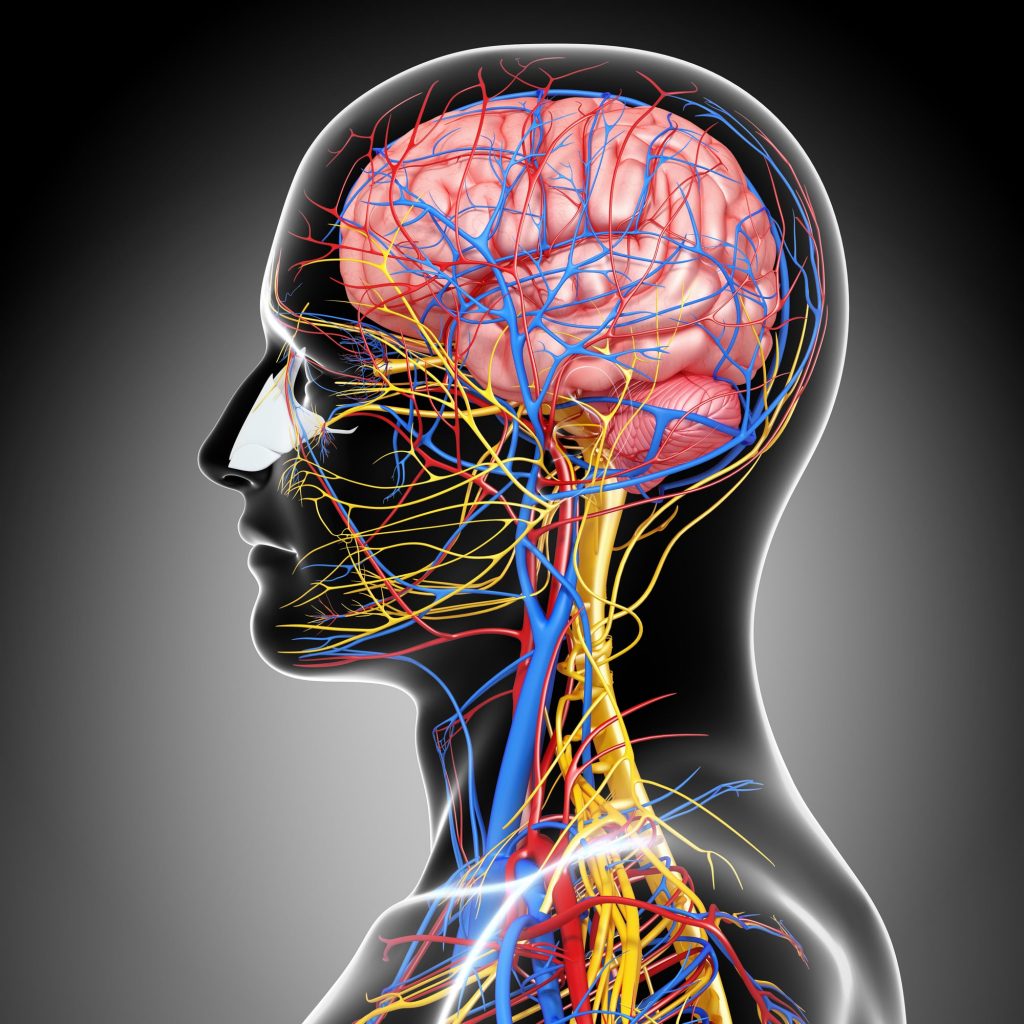You’ve probably heard the advice by now that to slow down the spread of coronavirus (or the Covid19 pandemic); we need to practice social distancing. But what is social distancing? Well, the concept is meant to curb the spread of the virus by avoiding close contact with people in public spaces, where the virus is easily transmitted through viral particles when sneezing or coughing and touching contaminated services.
Click here to read, What Is Coronavirus?
What Is Social Distancing?
It’s disappointing to hear that social gatherings are being cancelled such as:
- Sports events
- Festivals
- Weddings
- Visits with friends and family
- Birthdays
- Playdates
However, there is a significant health benefit to following these measures. These cancellations help to slow or even stop the spread of disease. Thus preventing overcrowding of the health care system and allowing proper care for patients more readily over time.
Canceling social gatherings is just one example of social distancing. Currently, the recommendation is to stay at least 6 feet away from other people in any environment outside your home. Experts agree that this is one of the best ways to reduce your chances of contracting COVID-19.
Why Is Social Distancing So Important?
The World Health Organization has declared COVID-19 a pandemic as the numbers of new cases continues to grow worldwide. Therefore, it is essential for you to understand how the virus is spread from person-to-person to reduce your risk of getting sick and infecting others. COVID-19 is most likely spread through:
- Direct contact with a person who has been recently infected; 24 hours before the surfacing of their symptoms.
- Close contact with a person who’s already confirmed with infection and coughs or sneezes close to you.
- Touching surfaces or objects (such as door handles or tables) contaminated from a sneeze or cough from an infectious person and then touching your mouth or face.
It’s for this reason that you’re urged to allow more space between you and others in order to make it harder for the virus to spread.
Click here to read, How To Prepare For The Coronavirus.
Social Distancing At Home
Here’s what you can do at home to curb the spread of the virus.
- Stay home if you can
- Wash your hands with soap or hand sanitizer
- Practice good hand, sneeze and cough hygiene
- Disinfect surfaces
- Increase ventilation in homes or adjust your air conditioning
- Visit shops sparingly better yet start buying goods and services online
If a family member is sick, here is how you can care for him/her:
- If possible, care for the sick person from a single room
- Keep the number of caregivers to a minimum
- Close the door to the sick person’s room and open the windows
- Both the caregiver and the sick person should wear a surgical mask when in the same room
- Give extra caution and closely monitor vulnerable family members, including people over 65 years and those with chronic illness.
Click here to read, How To Get Tested For The Coronavirus.

Social Distancing In The Workplace
Here is what can be done at the workplace:
- Stay at home if you’re sick
- Keep your distance and avoid handshaking
- Hold meetings through video conferencing
- Defer large meetings
- Hold mandatory meetings in the open air
- Sneeze and cough into your sleeve rather than your hand
- Use hand sanitizers throughout the day and regularly disinfect high touch surfaces
- Adjust AC and improve ventilation
- Avoid non-essential business travel

